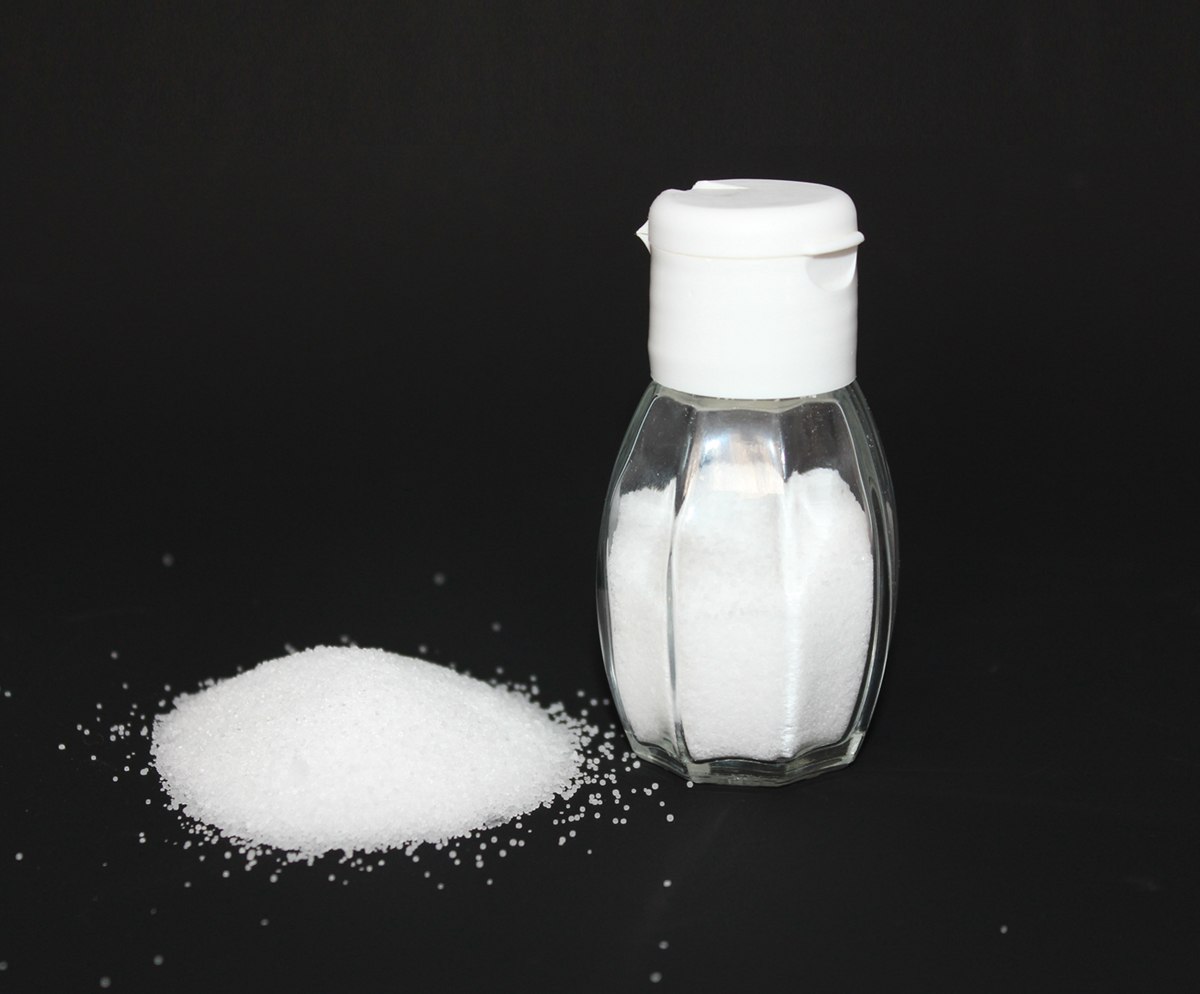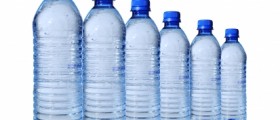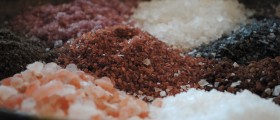
Water is distributed inside the body via the lymphatic system. This network of tubes is in charge with drainage of the excess of fluid and final elimination of water from the body is obtained by kidneys. In case excess of water is not removed from the body it is retained in tissues and leads to swelling or edema. It is obvious that the amount of consumed water definitely plays a significant role in water retention. However, water retention may occur due to many other causes.
Edema may affect many organs and tissues in the body. It may be associated with minor imbalances such as hormonal imbalances and in some cases edema occurs as a consequence of serious medical conditions such as heart failure, kidney disorders etc.
Eating Habits and Water Retention
One of the leading causes of water retention is intake of too much salt. Salt can be obtained from many foods. There is recommended daily intake of salt and sometimes people consume foods rich in salt and this results in excess of sodium inside the body. Sodium binds water and causes its retention, hence the occurrence of edema.
Food Intolerance and Water Retention
Improper eating habits such as overloading the stomach, excessive intake of alcohol, intake of too much sugar etc may affect proper digestion and ingested particles can enter the blood systems and stimulate the immune cells to produce histamine. This substance may be responsible for water retention.
Nutritional Deficiencies and Water Retention
If a diet does not include optimal intake of proteins the level of these essential nutrients in the blood drastically drops. Low amount of proteins, especially albumin, is always accompanied by edema. This is why malnourished people tend to be edematous even though they do not consume proper amount of food.
Medications and Water Retention
Certain medications cause increased retention of water in the body. This particularly refers to contraceptive pills but there are several other groups of drugs which are equally responsible for water retention. They include corticosteroids, NSAIDs and certain medications prescribed to people suffering from diabetes.
Illnesses and Water Retention
Many illnesses are associated with water retention. Water retention is one of the characteristics of these diseases or it may be a complication. They include chronic venous insufficiency, heart failure, certain kidney disorders, chronic lung disease, arthritis, malignant lymph edema, excessive burns etc.
Lack of Exercise and Water Retention
Sedentary lifestyle is a common cause of water retention. Inactivity does not assist in proper drainage of the fluid from the extremities. This is why people who are physically inactive are prone to water retention. Furthermore, water retention also affects people who are immobile for longer period of time (people in wheelchairs, those who are bedridden etc.).Other Causes of Water Retention
Apart from the previously mentioned there are several more causes of water retention and they include the presence of high level of toxins and waste products in the body, insufficient intake of fruit and vegetables, pregnancy, obesity and chronic dehydration.

















Your thoughts on this
Loading...